Executive Staff
Kamilia Ridwan is an Executive Staff Member at the Purnomo Yusgiantoro Center (PYC). She plays a strategic role in supporting the Chairperson and the implementation of various institutional programs. Her responsibilities include managing external communications, preparing presentation materials, and coordinating with stakeholders. She is also involved in organizing events, reporting, and ensuring institutional representation in various activities. Before joining PYC, Kamilia worked as a Policy Analyst at the Coordinating Ministry for Economic Affairs of the Republic of Indonesia. She gained experience in inter- ministerial coordination, organizing international events, and disseminating policies across different regions. She holds a Bachelor’s degree in Development Economics from Universitas Airlangga, focusing on Public Economics. Her professional experience also includes empowering cooperatives and MSMEs during her time at the Department of Cooperatives and Trade in Surabaya. Beyond work, Kamilia is active in public policy communities and capacity-building programs in Jakarta. She is known for being highly communicative and eager to learn. She spends her free time traveling, tasting different cuisines, blogging about food, and reading books.


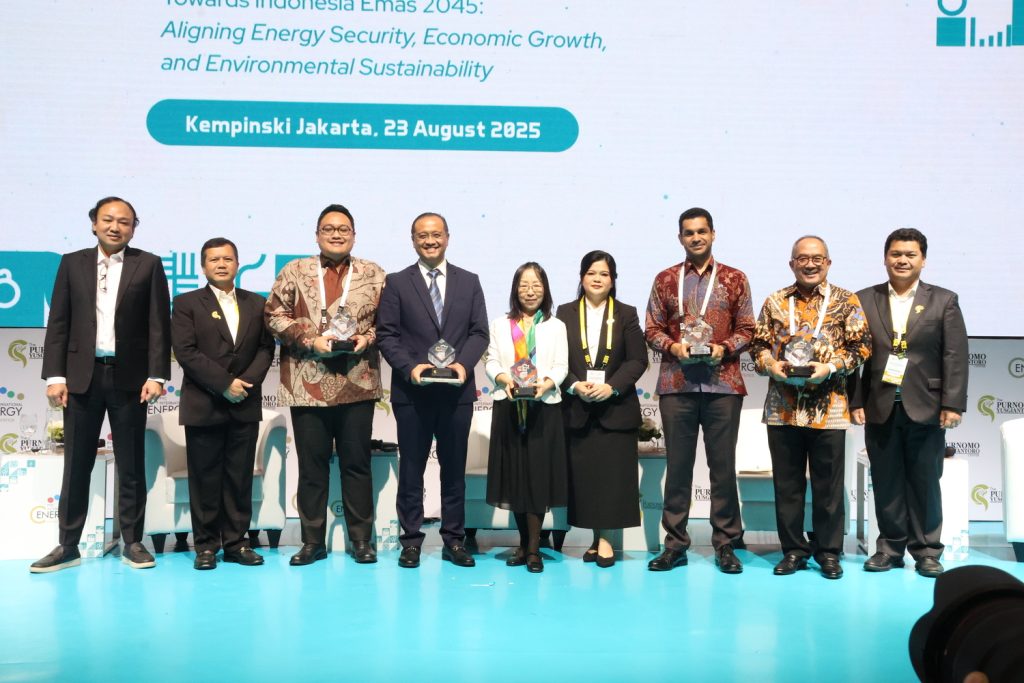

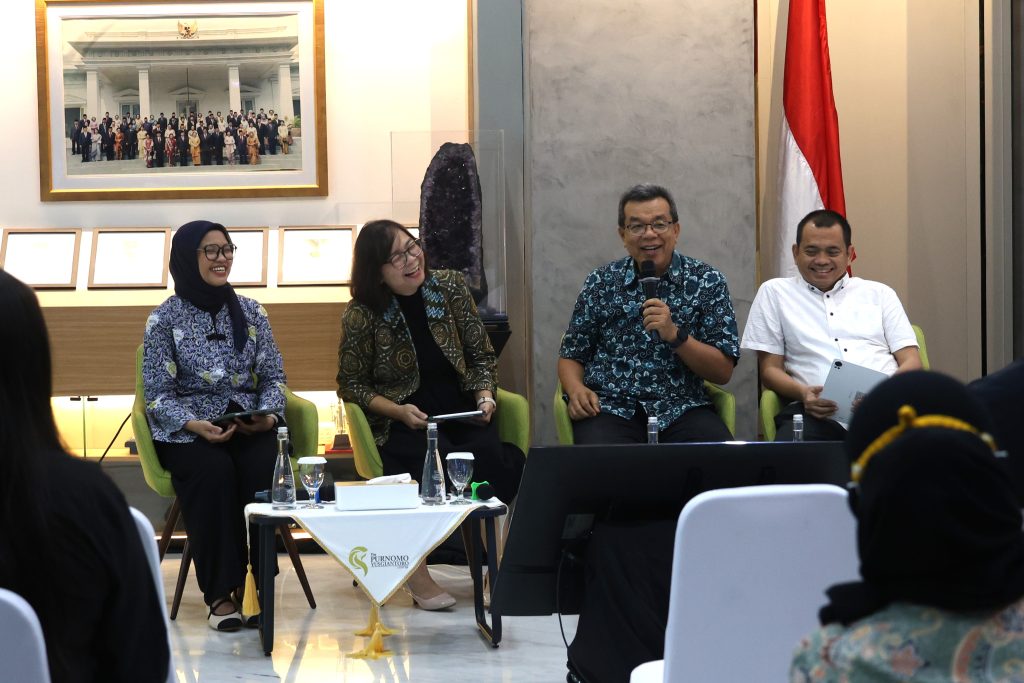
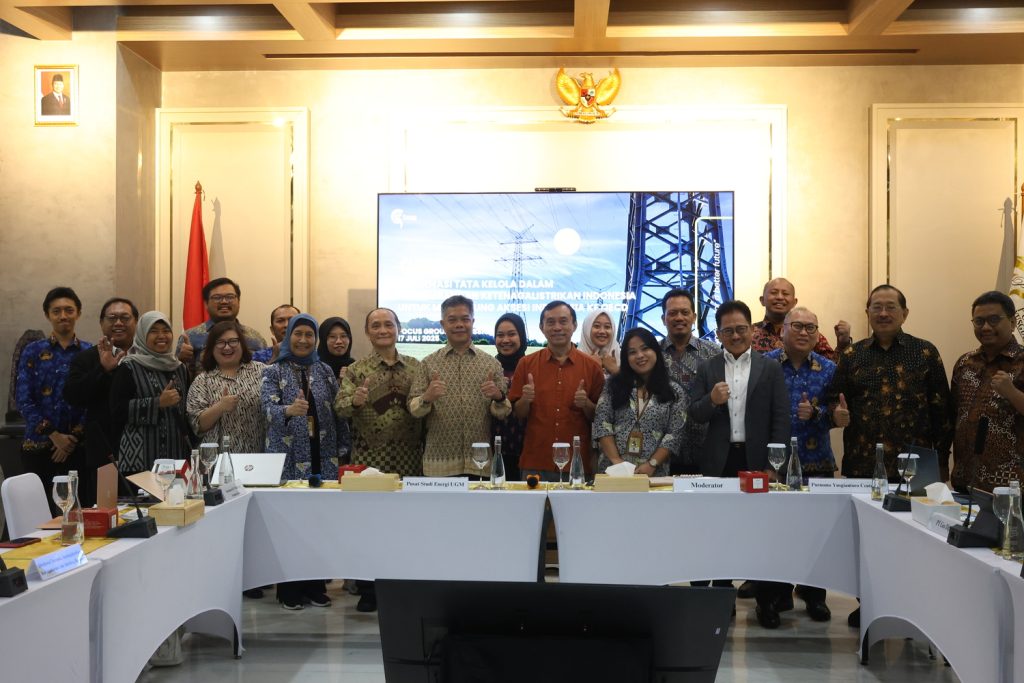
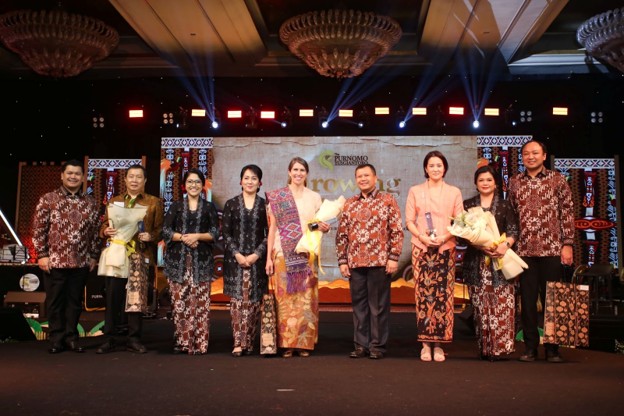
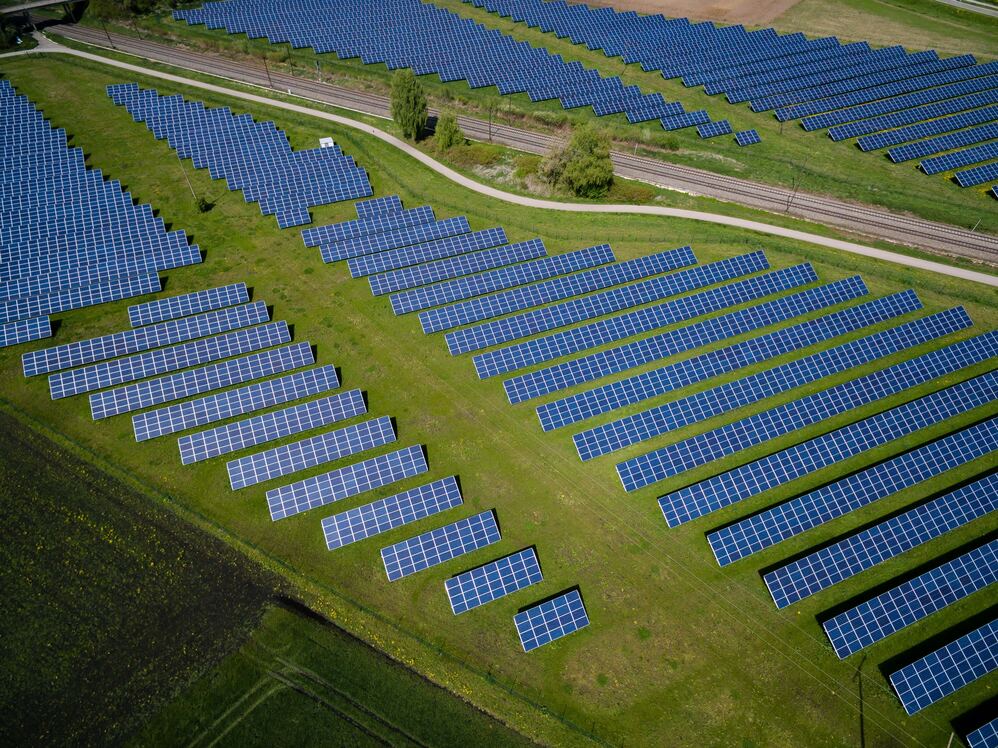





Jl. Bulungan No. 22, Kramat Pela, Kec. Kebayoran Baru, Kota Jakarta Selatan, Daerah Khusus Ibukota Jakarta 12130
Jl. Bulungan No. 22, Kramat Pela, Kec. Kebayoran Baru, Kota Jakarta Selatan, Daerah Khusus Ibukota Jakarta 12130
+62 21 720 3917
+62 811 1888 932
+62 21 22 77 5786